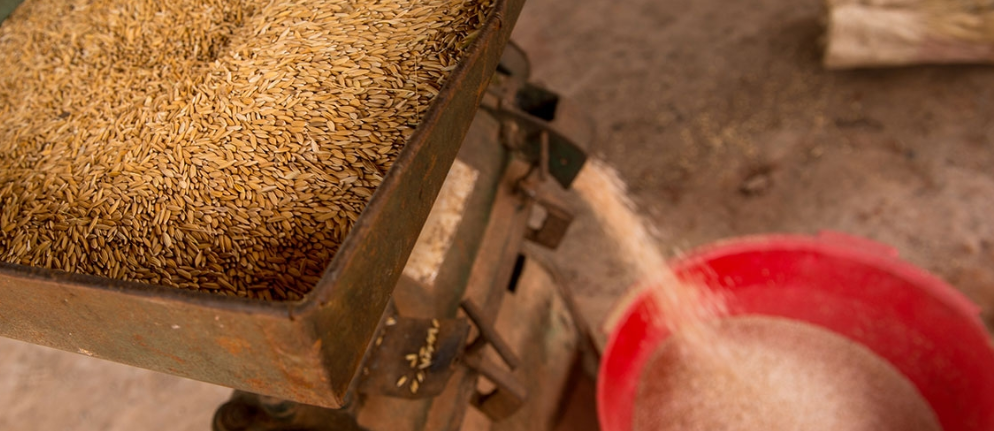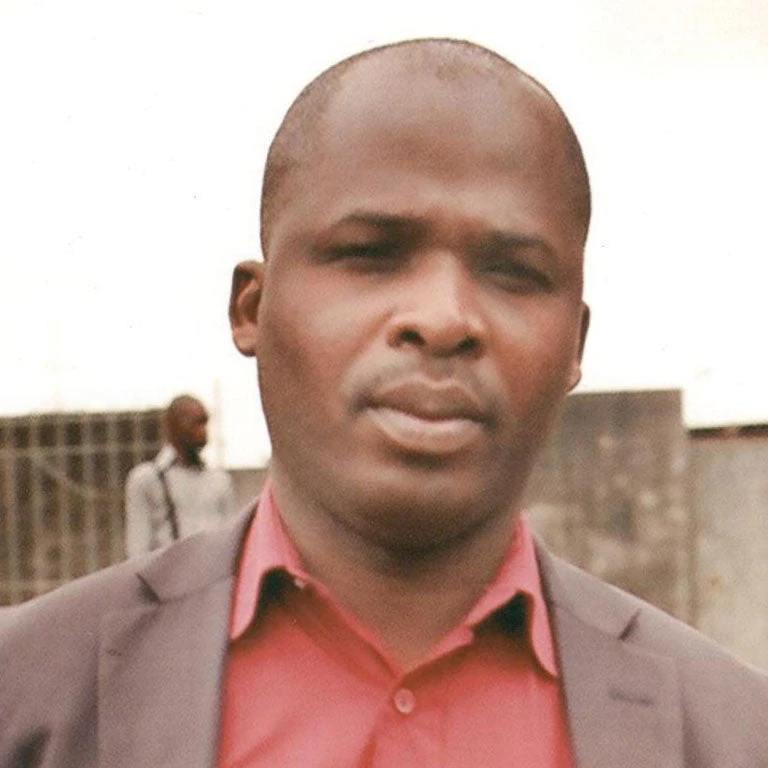 Selling rice could lift farmers out of poverty, especially if small and medium enterprises can catalyze the value chain
Selling rice could lift farmers out of poverty, especially if small and medium enterprises can catalyze the value chain
When it comes to agricultural value chain development, including for staple crops like rice, big, (multi)national firms are often considered the entry point to catalyze the chain. There’s another way of course: Domestic small and medium enterprises (SMEs) in smaller towns and cities. They are much closer to smallholder and remote farmers and thus better placed to interact with and source from them—a key component of inclusive value chain development. Their ubiquity is a huge benefit. But their smaller size could also represent a major weakness depending on the answer to one question: do these SMEs have enough capacity?
As part of the Côte d’Ivoire Economic Inclusion into Value Chain pilot, supported by the World Bank, we assessed several smaller rice mills to find out.
What we discovered was that identifying rice mills that could catalyze value chains proved even more difficult than we expected. We interviewed mill owners in the intervention areas of the pilot project and found that most of them did not have the ambition and/or capability to play this role.
Nonetheless, a few of them proved to be surprisingly dynamic. Clearly, the potential is there.
Big on numbers, low on quality
Currently, 80 percent of Côte d'Ivoire’s paddy rice is processed by small mills that operate largely in the villages as a service to farmers and traders. The processing quality is usually poor, leaving many impurities and even small stones in the processed rice. In order to sell in urban markets and compete with imported rice, the quality of processing would have to go way up.
There is a technology that allows rice mills to improve their processing quality. About 300 of Côte d'Ivoire’s slightly larger rice mills, with a processing capacity of at least one ton of paddy rice per hour, are already employing it. But there are only about 20 mills of this size in the three intervention regions of the pilot project.
A value chain with little structure and competitiveness
To select the three mills the pilot project could work with (one in each region), we had in-depth conversations with 14 of the 20 mill owners and their employees about different aspects of their business, from governance structure and management strategy to accounting, marketing, and human resource and business management.
To our surprise, only three mills demonstrated sufficient potential to catalyze a value chain once provided with technical assistance through the pilot project. Only a few others seemed to have the potential to do so in a couple of years.
Côte d’Ivoire’s rice value chain is clearly underperforming, and for good reason. Most of Côte d'Ivoire’s rice traders, who procure for the local markets, do not face quality requirements. As a result, they do not have the means or willingness to provide the inputs farmers would need to boost quality: agronomic advice, quality seeds and fertilizers on credit, and reliable purchasing power that would smooth out mill utilization. The country’s rice mills mostly operate well below capacity and at low and decreasing profit margins.
But we know that with technical support, farmers could raise their productivity and create a larger and more reliable supply of quality rice. That could enable rice mills to supply distributors serving more demanding urban markets like that of Abidjan, thereby fetching higher prices and running their mills at full capacity. Eventually, perhaps it could allow Côte d’Ivoire to stop importing rice.
A new type of entrepreneur
The three entrepreneurial mills we identified to join the pilot project are getting technical assistance to make big changes. For one, they’re building durable partnerships with farmers, incentivizing them to produce rice for urban markets and not just personal consumption by providing agronomic advice and quality inputs on credit, provided by a microfinance institution.
The pilot project will further assist them in the next step: finding working capital from financial institutions to procure rice from the contracted famers. Future blogs will elaborate on the challenge of engaging the other partners, from unorganized smallholder farmers to reluctant financiers.
This is the fourth post in a blog series exploring why developing the rice value chain can improve job opportunities for the rural population in Côte d’Ivoire. The pilot is undertaken by a consortium of actors, including the Productive Social Safety Net project of Côte d’Ivoire, the National Rice Development Agency (ADERIZ, Agence pour le développement de la filière riz), the International Development and Research Center (CIDR, Centre International de Développement et de Recherche), the Center of Micro-Industry Promotion and Rural Development (Centre de Promotion de la Micro-Industrie et du Développement Rural, CPMI-DER), the microfinance institute UNACOOPEC-CI, the Catholic University Leuven, and the Jobs Group of the World Bank.
Rising with Rice in Côte d’Ivoire 1: How local farmers and millers are leading the way
Rising with Rice in Côte d’Ivoire 2: More and better jobs by connecting farmers to markets
Rising with Rice in Côte d’Ivoire 3: The contours of a pilot project



Join the Conversation